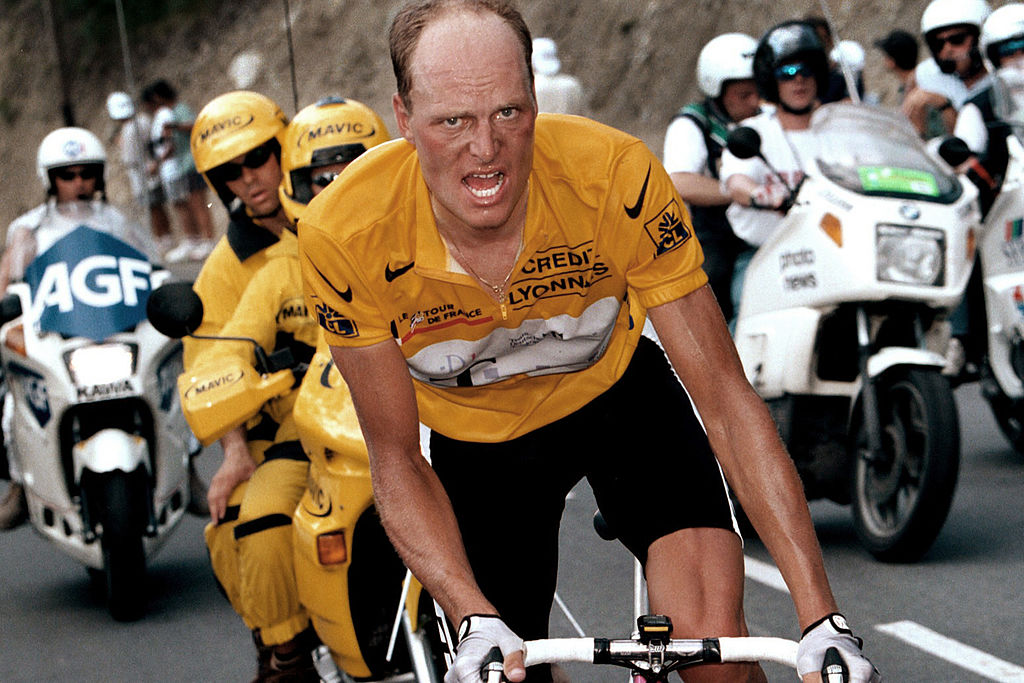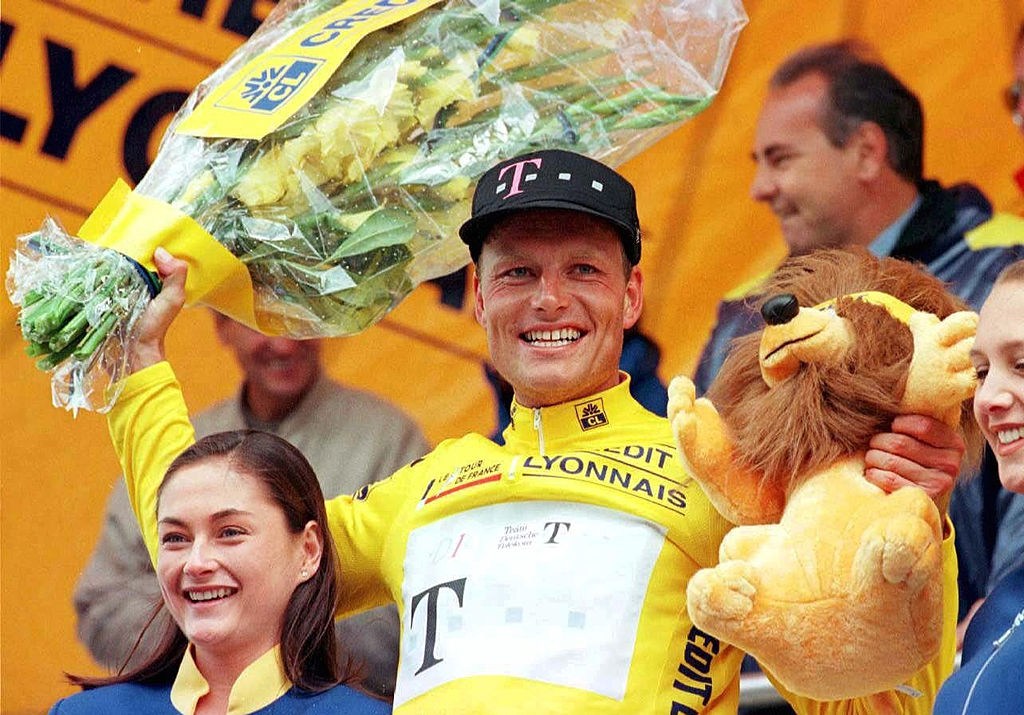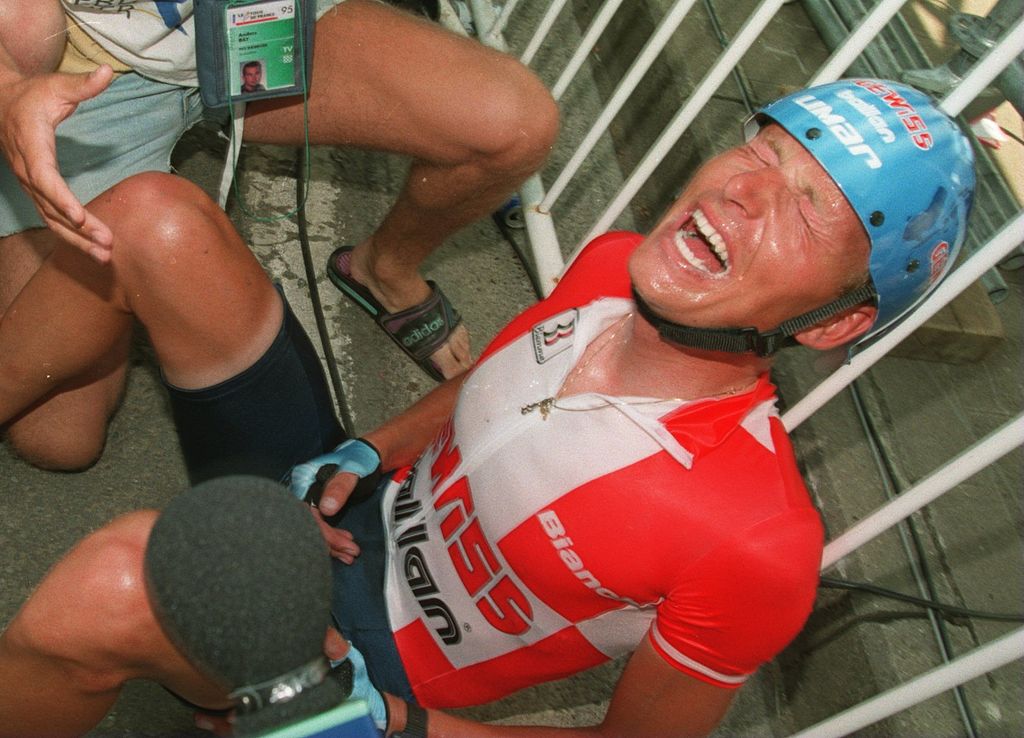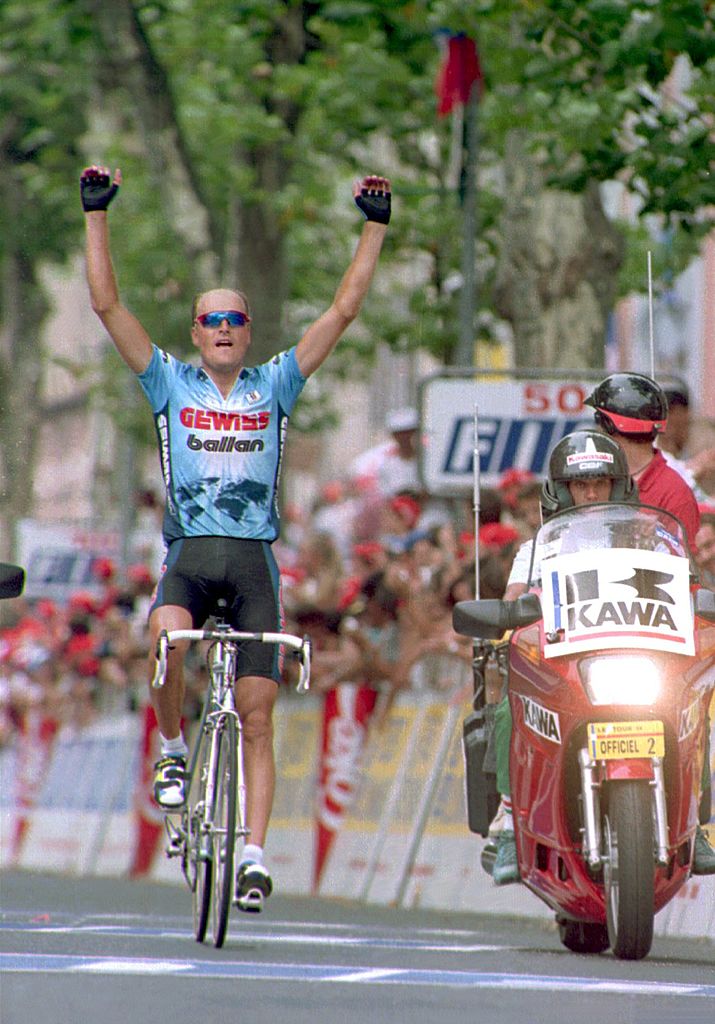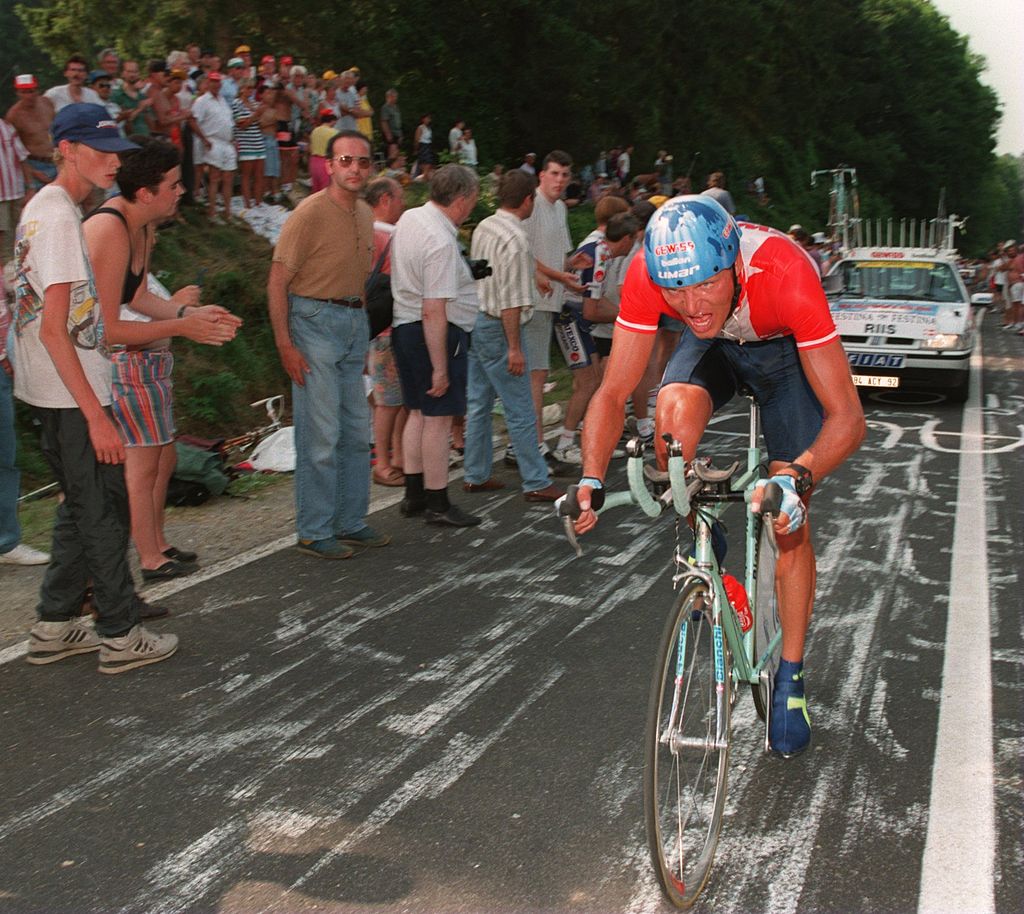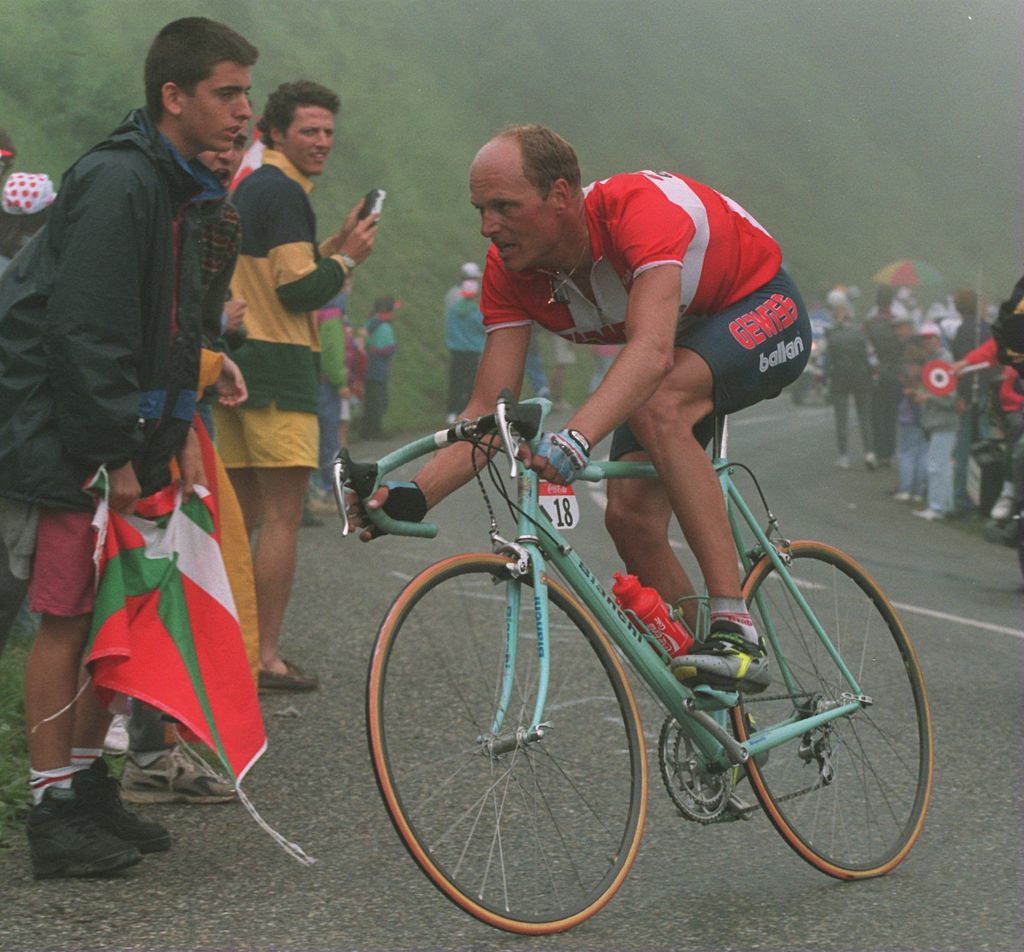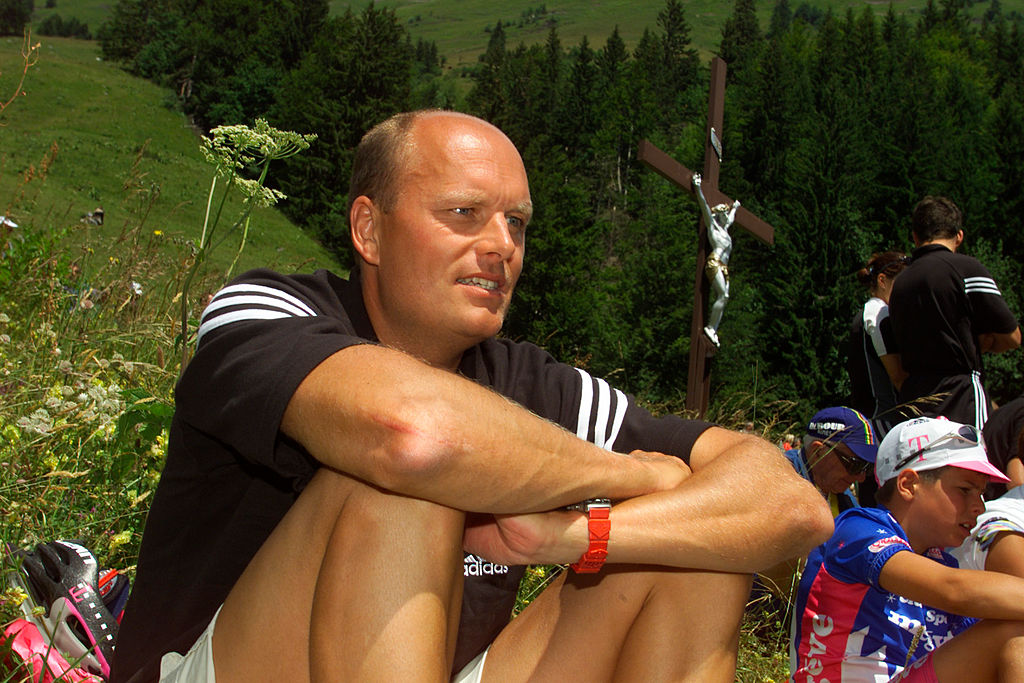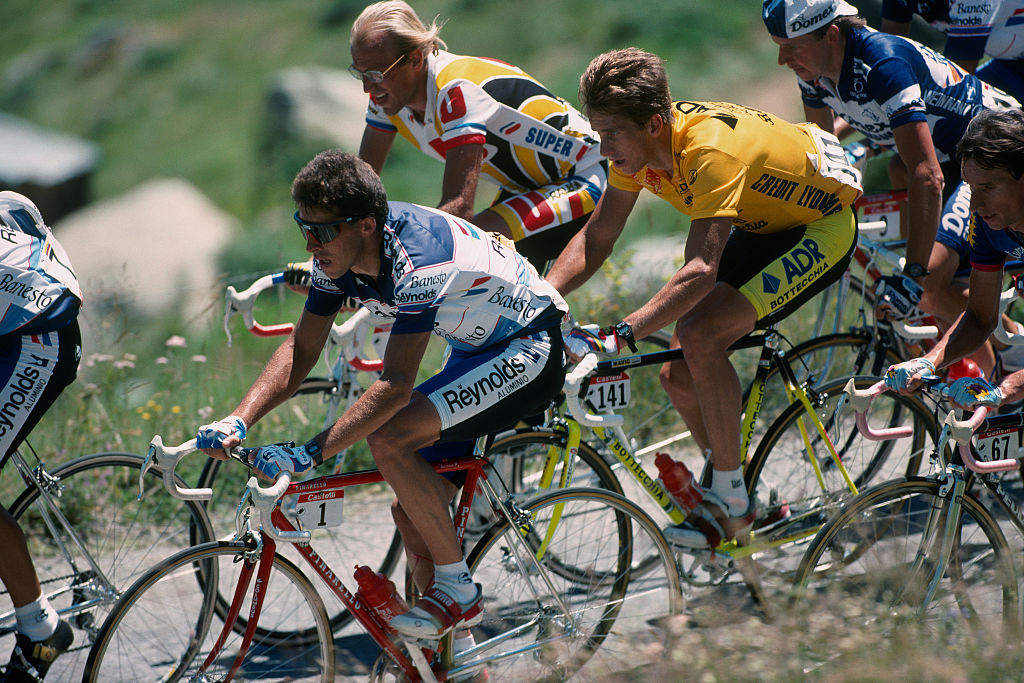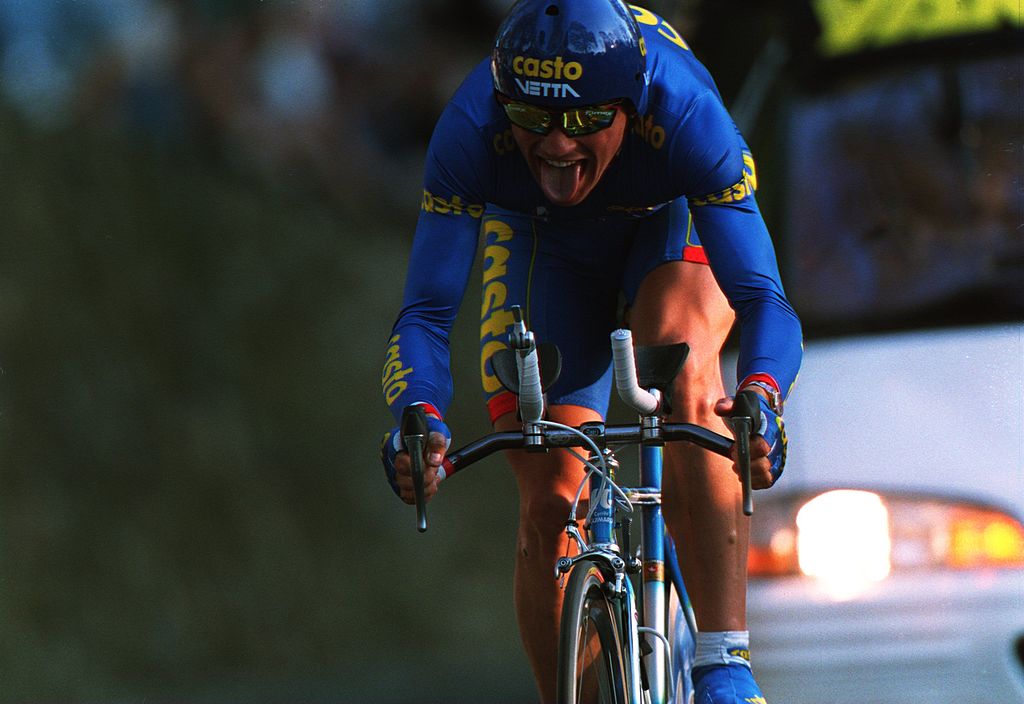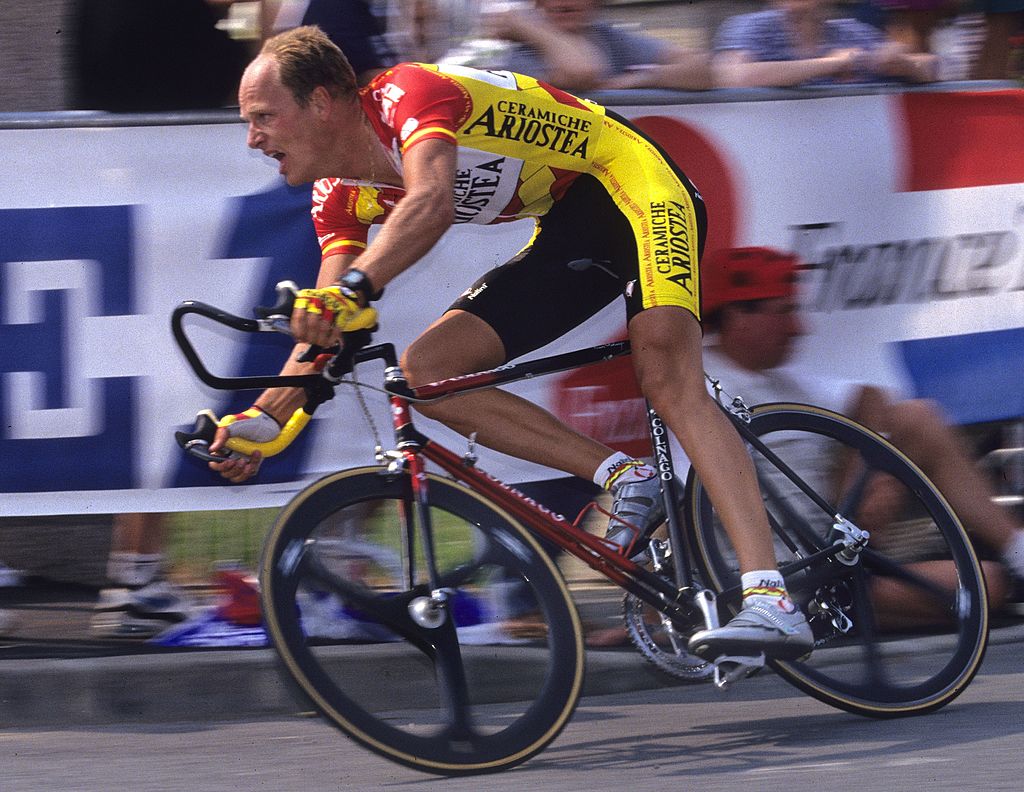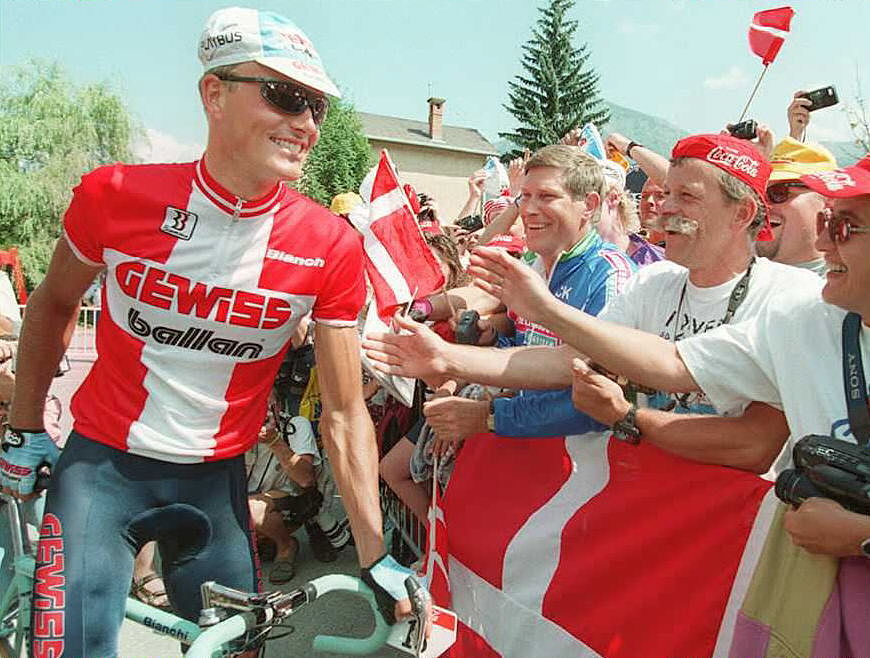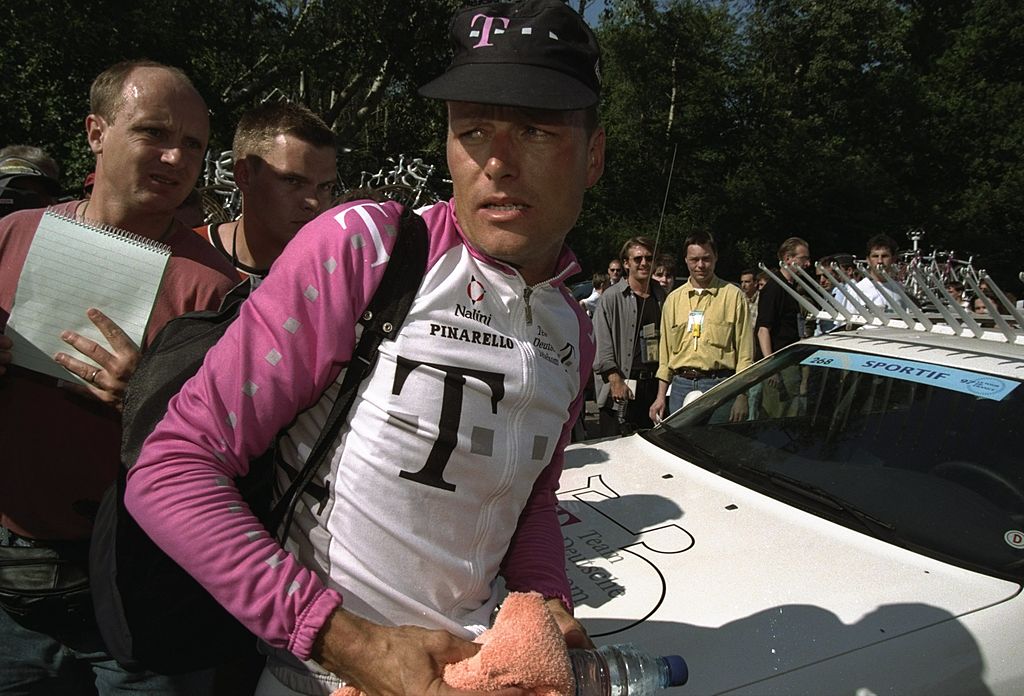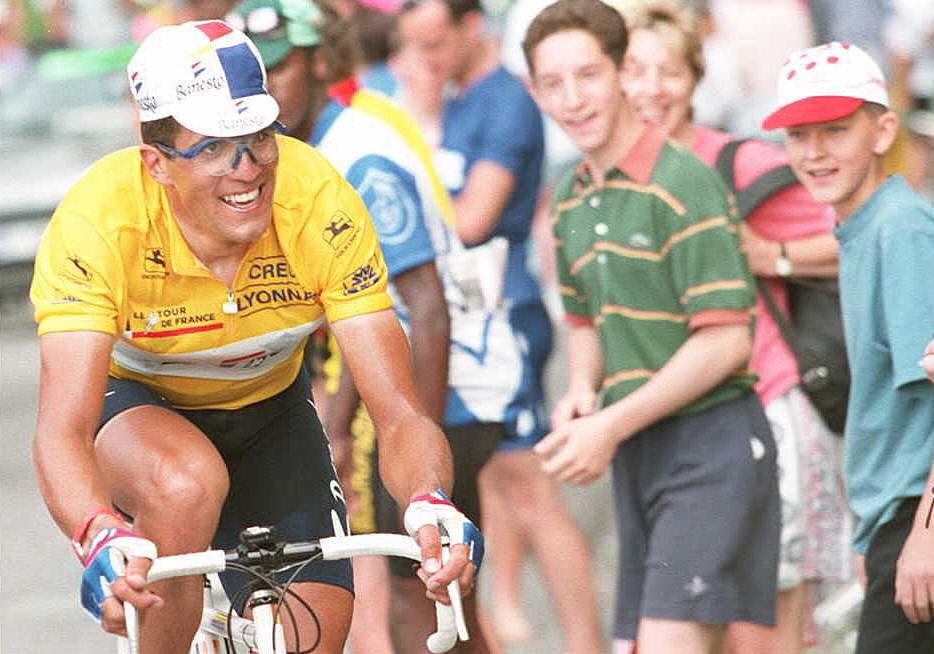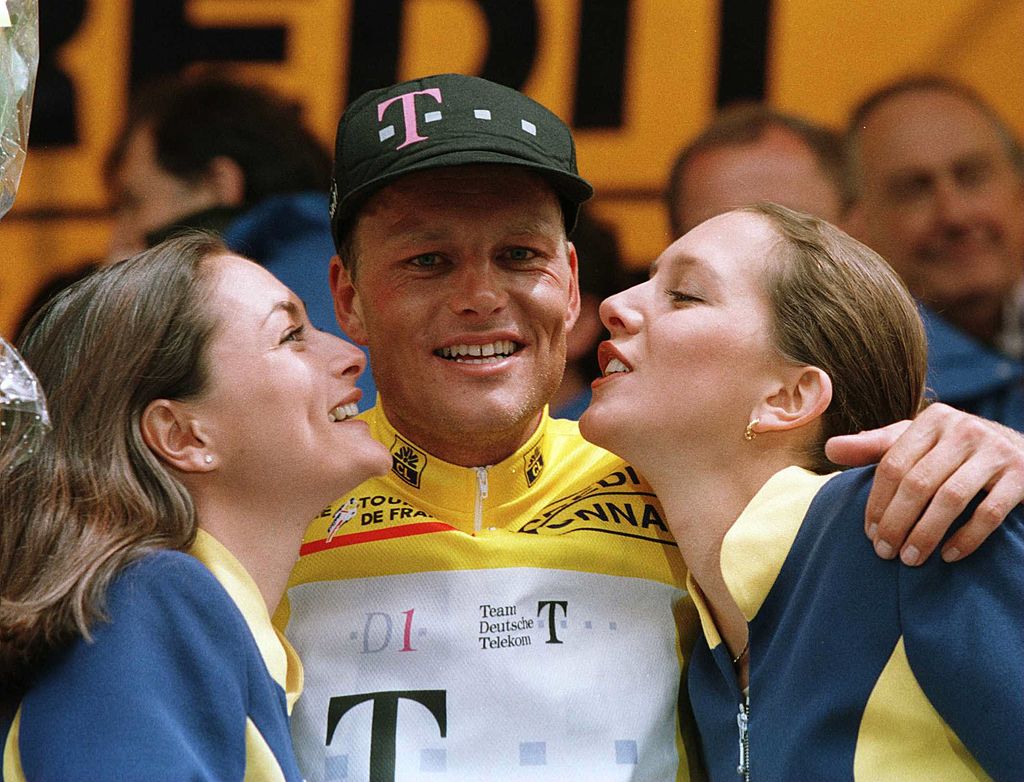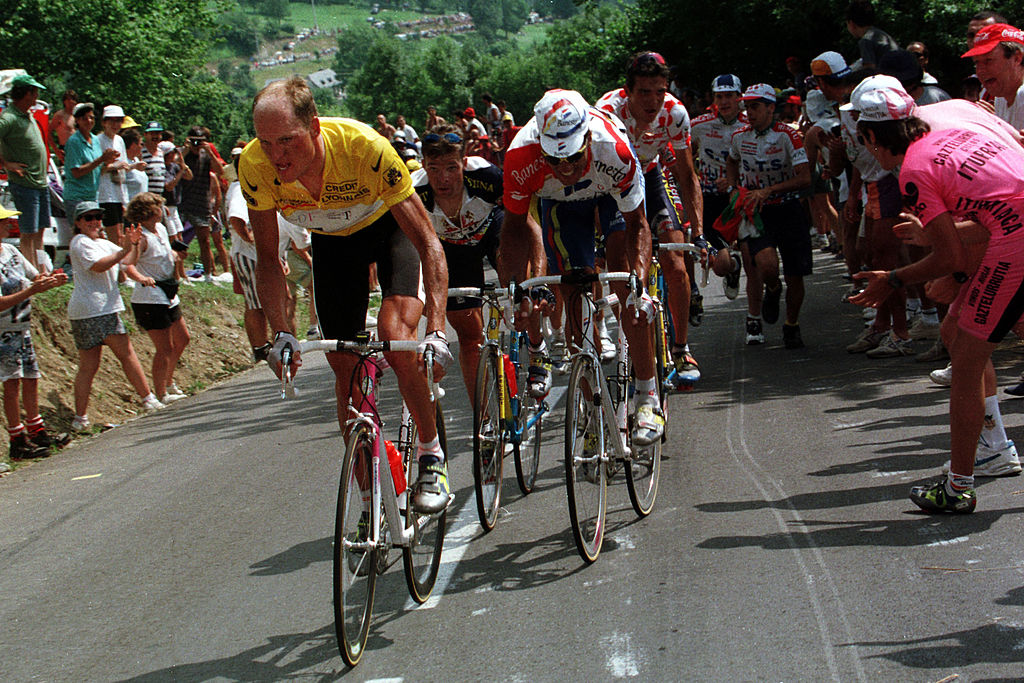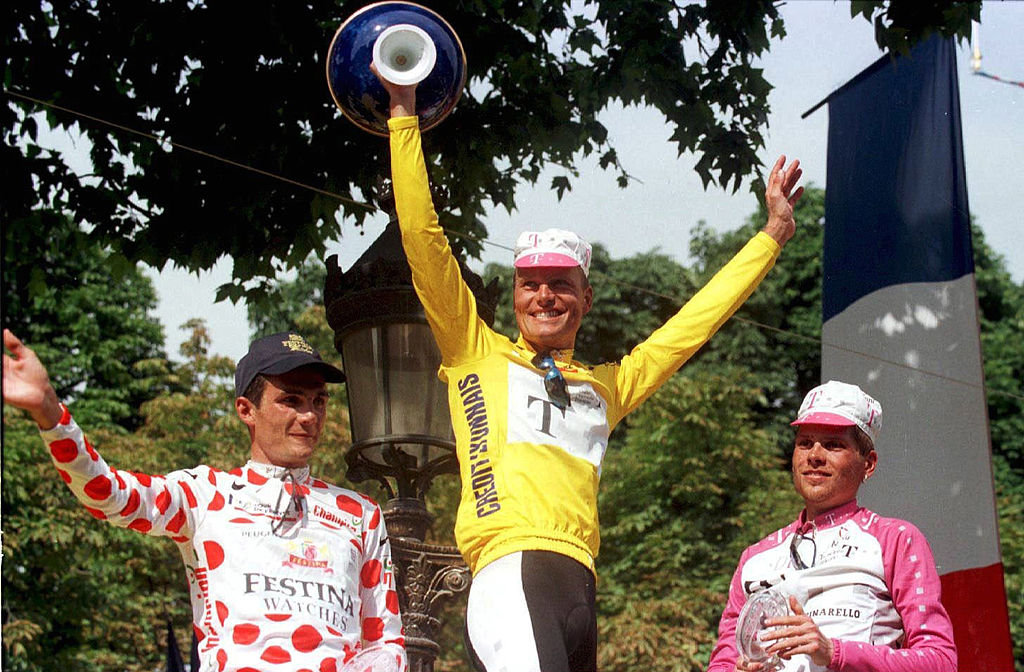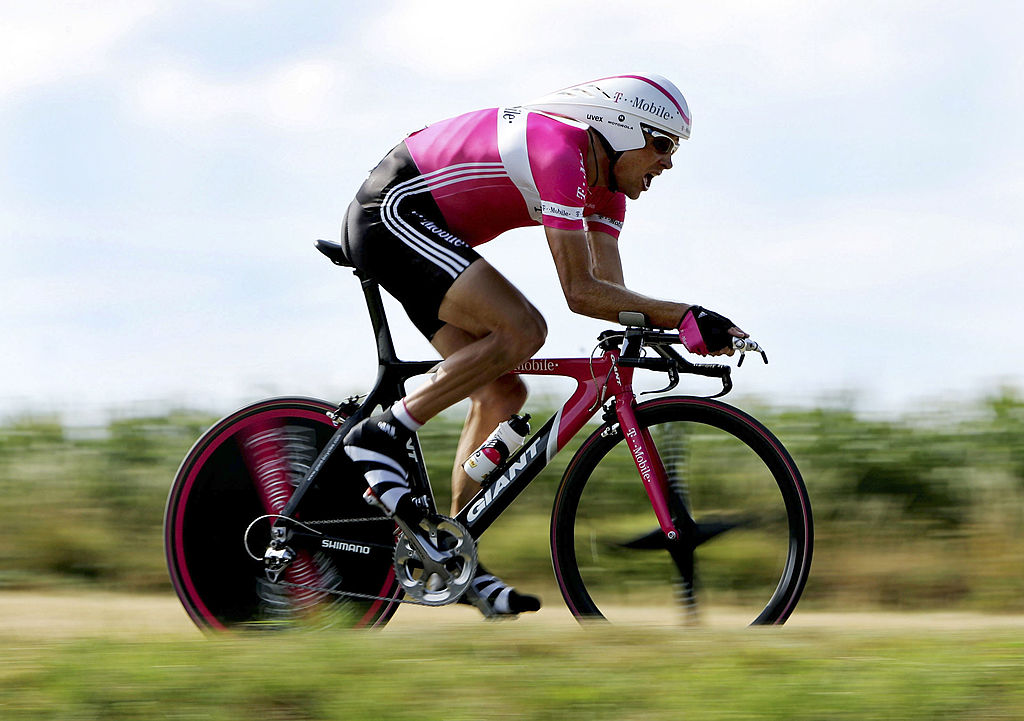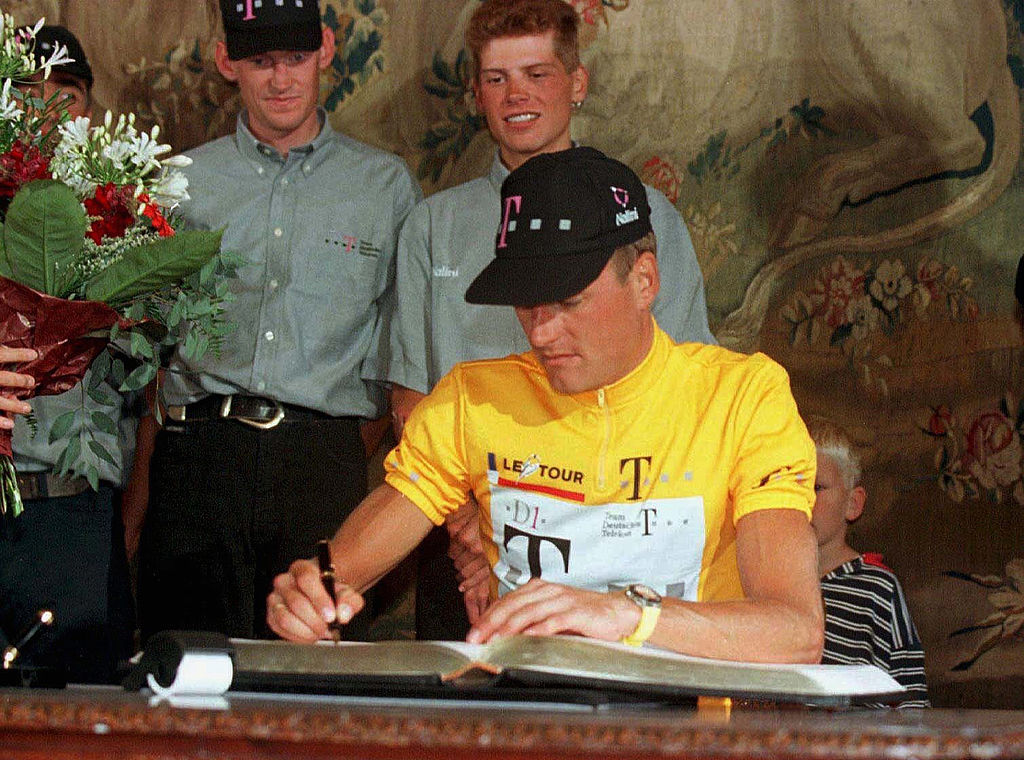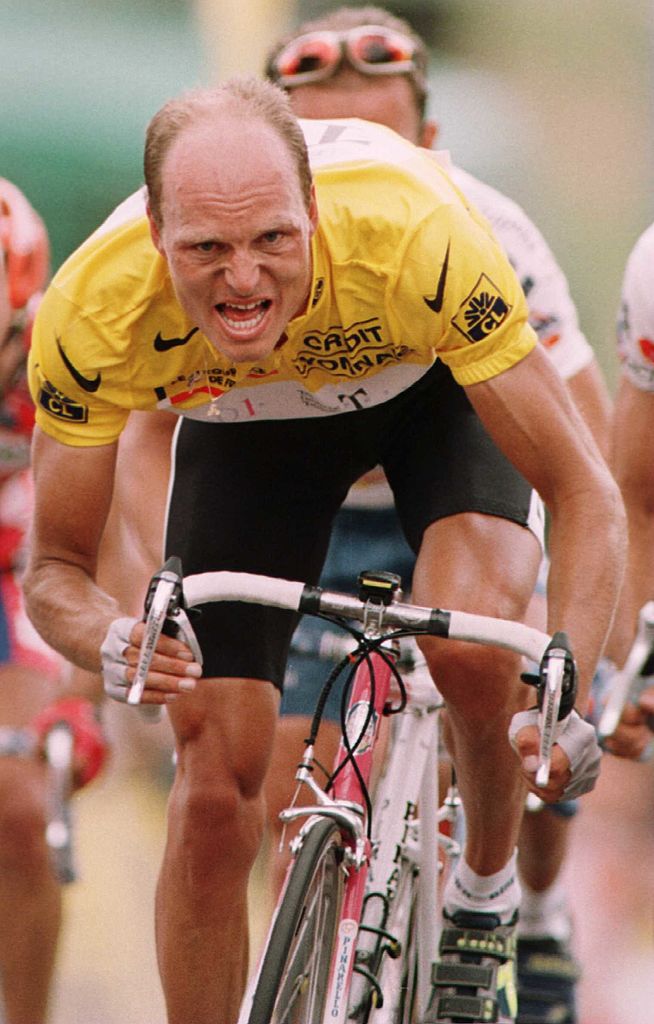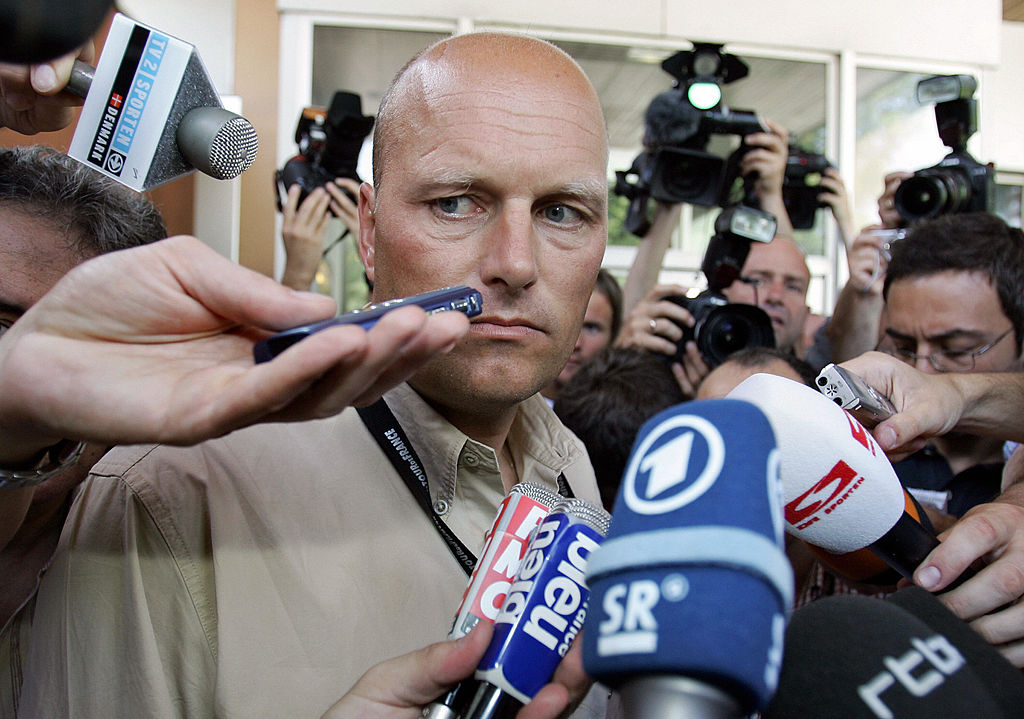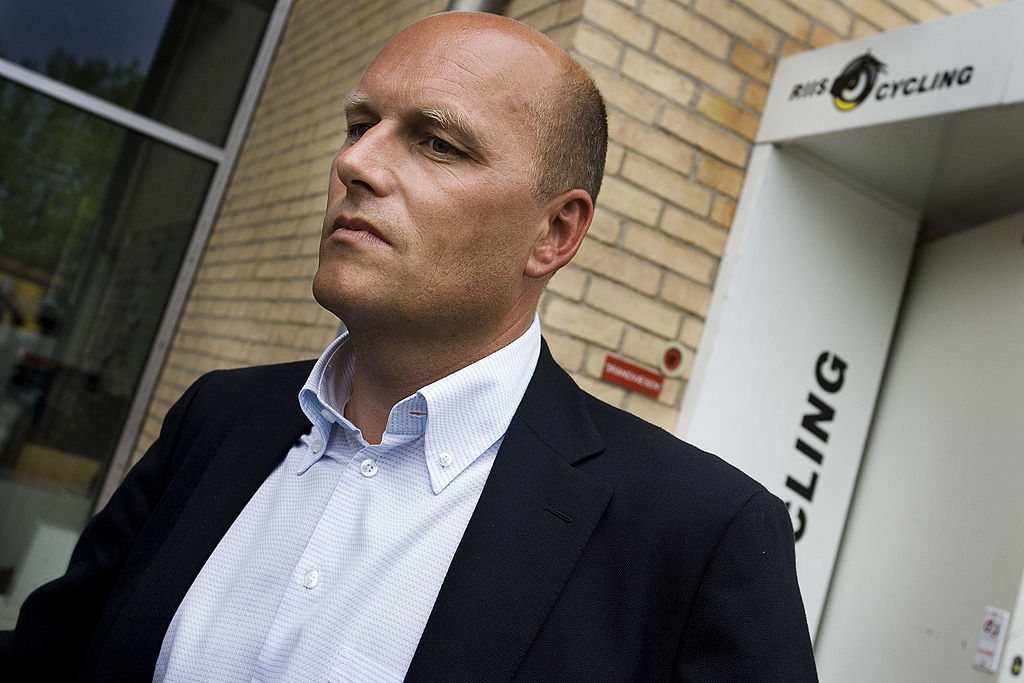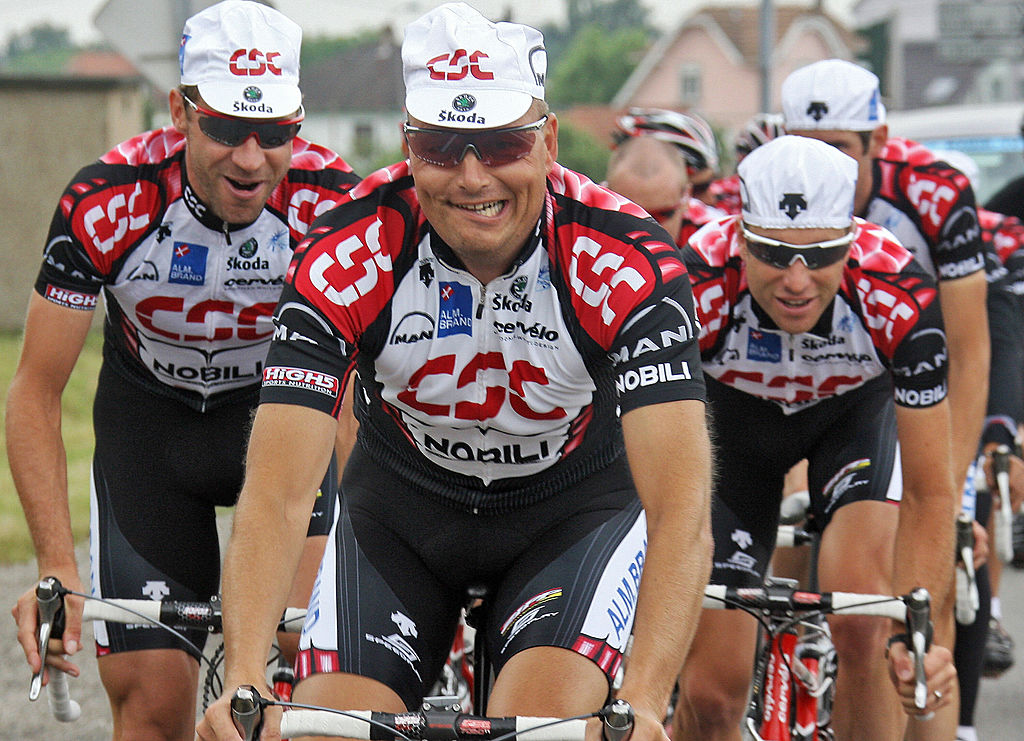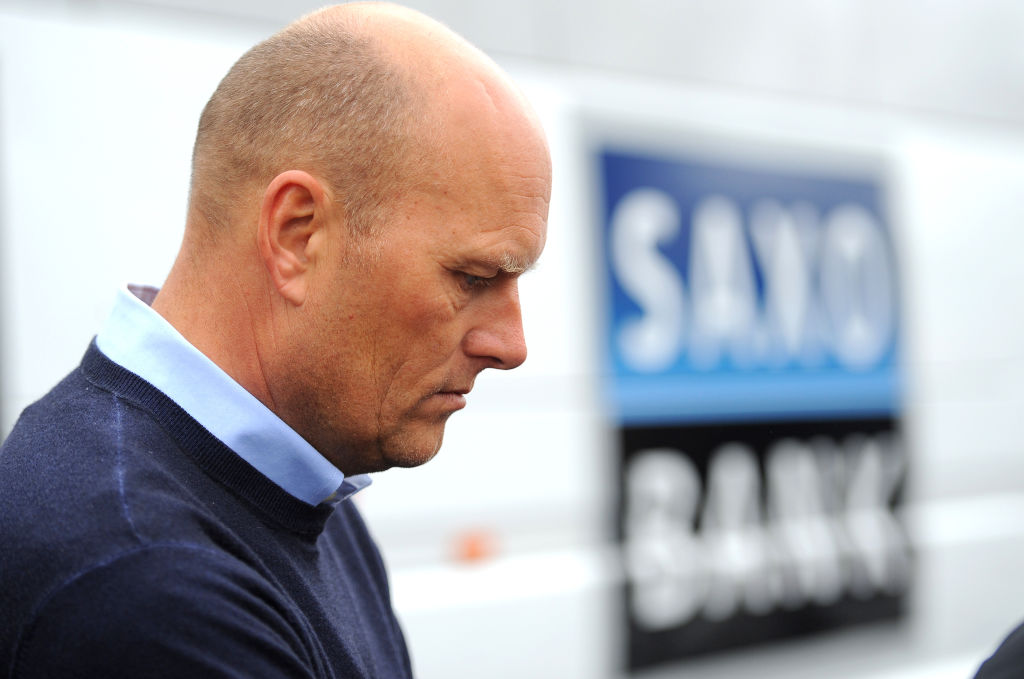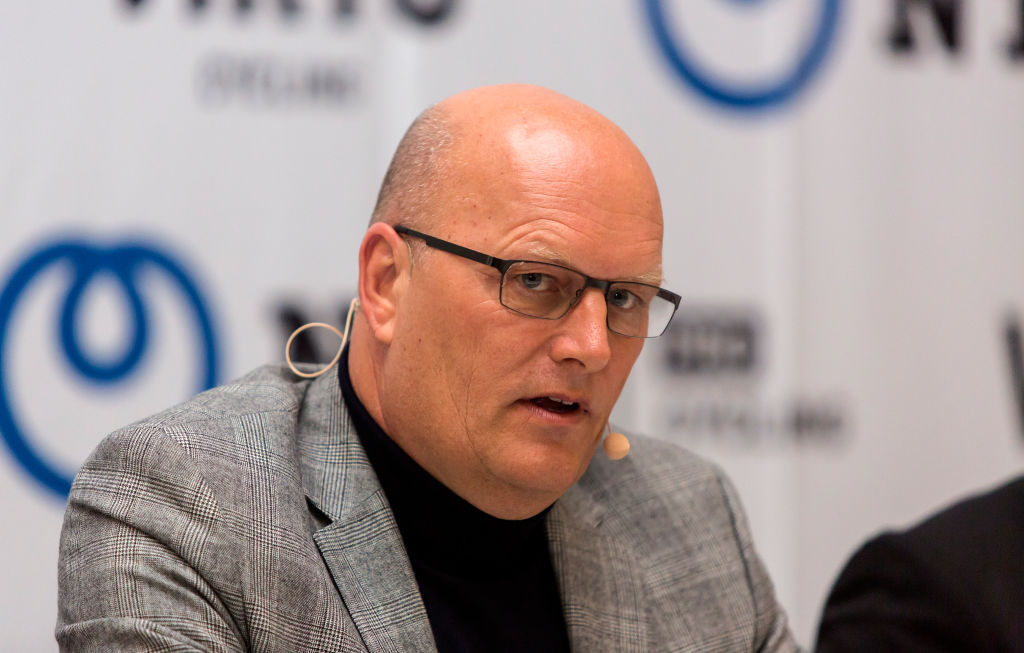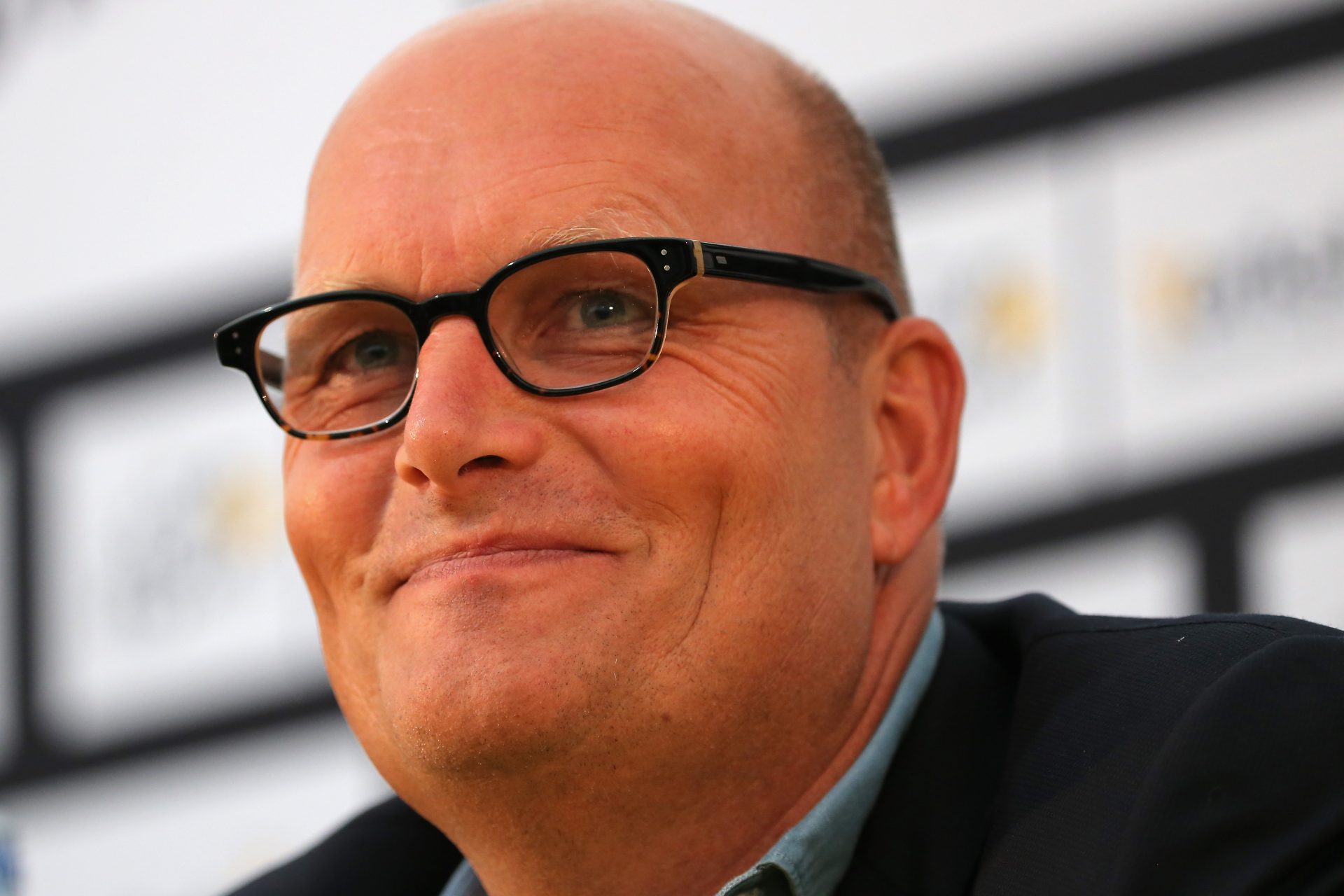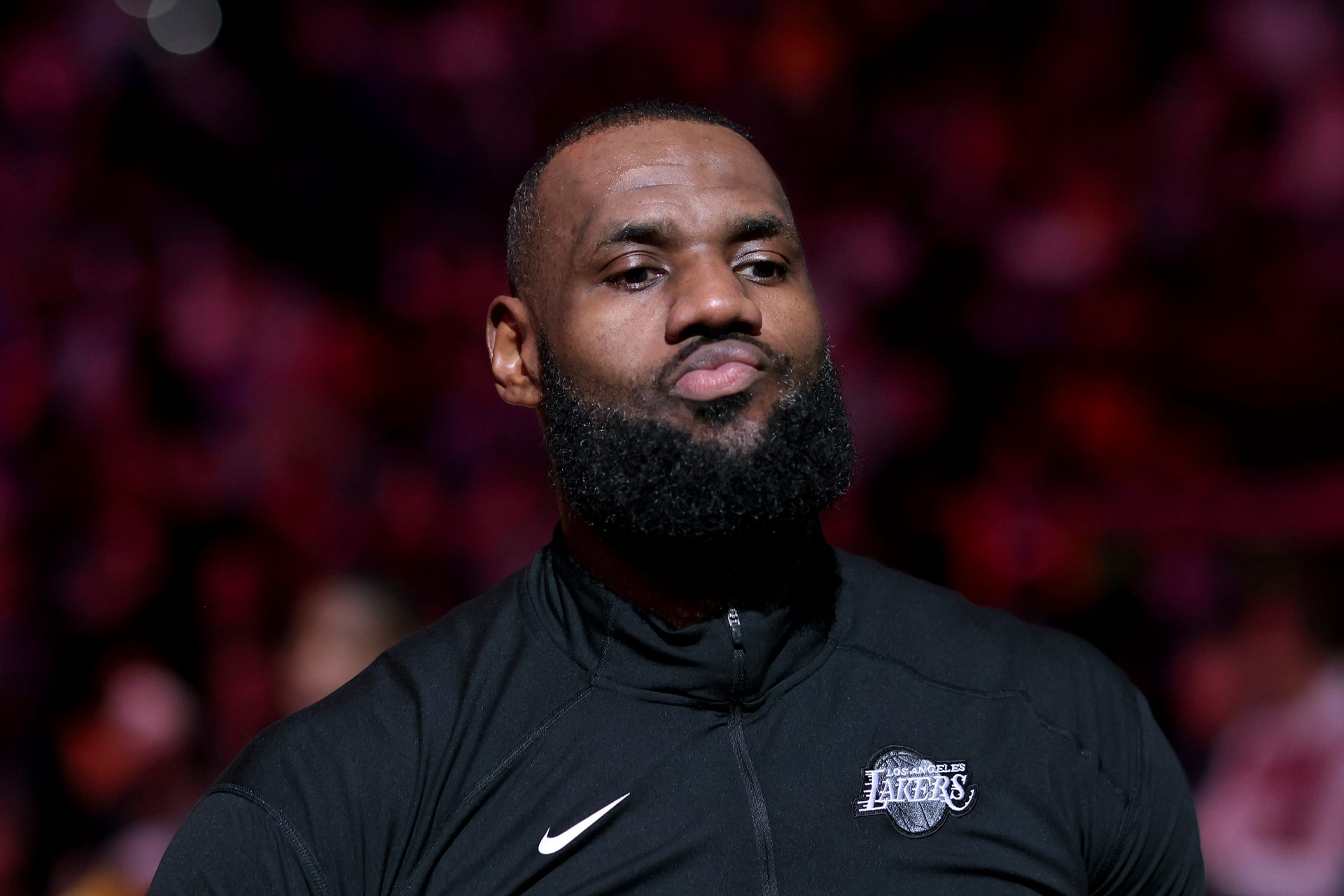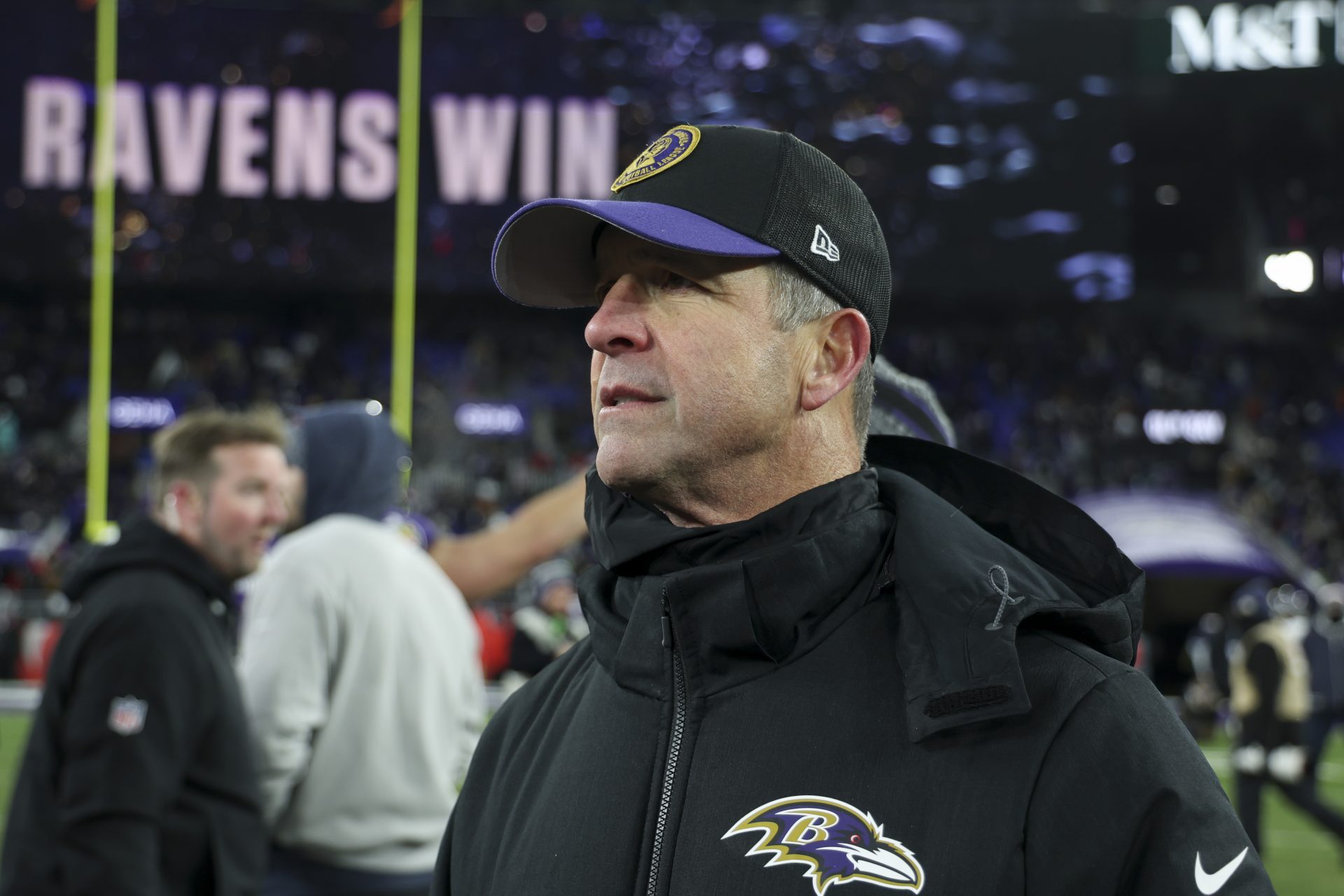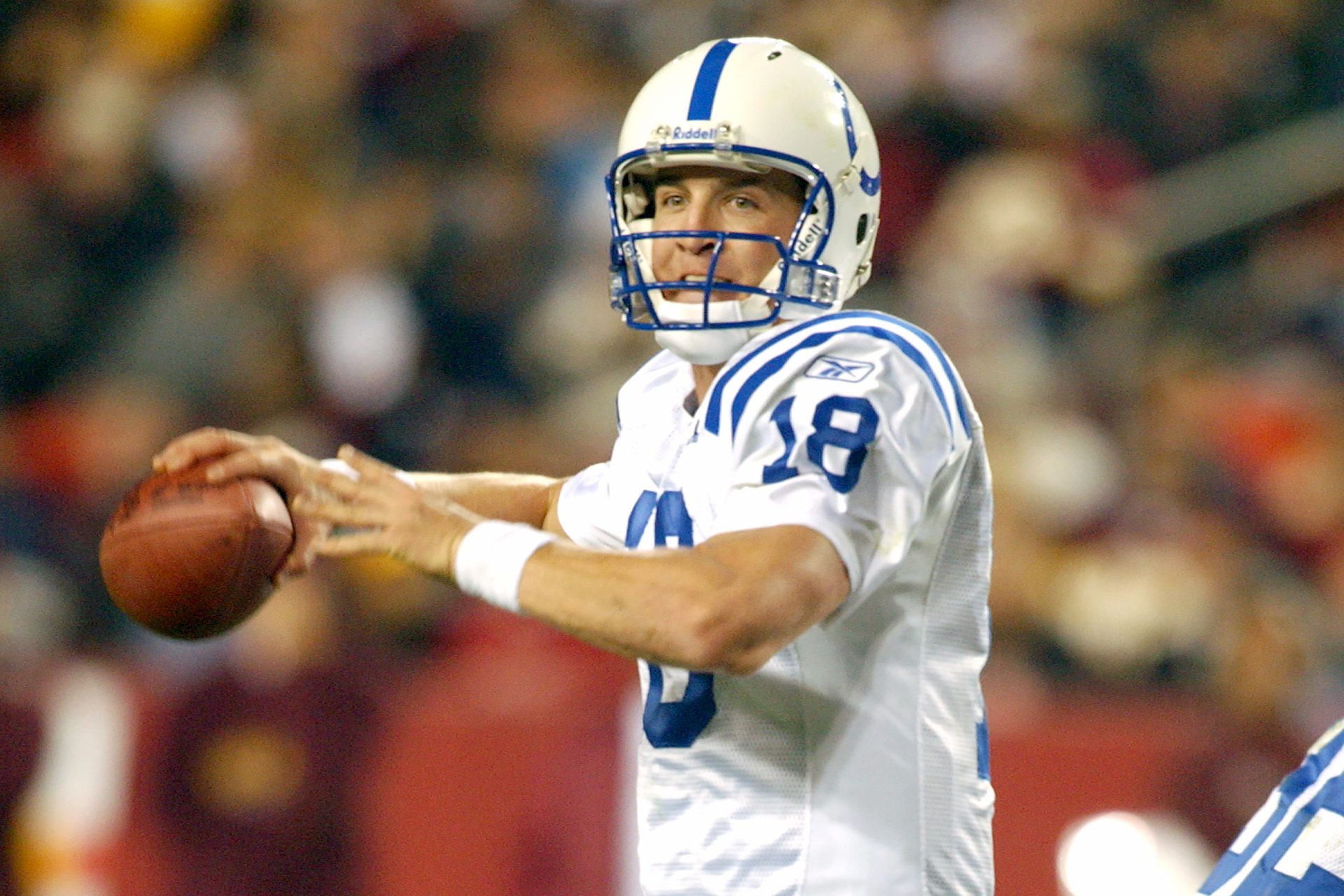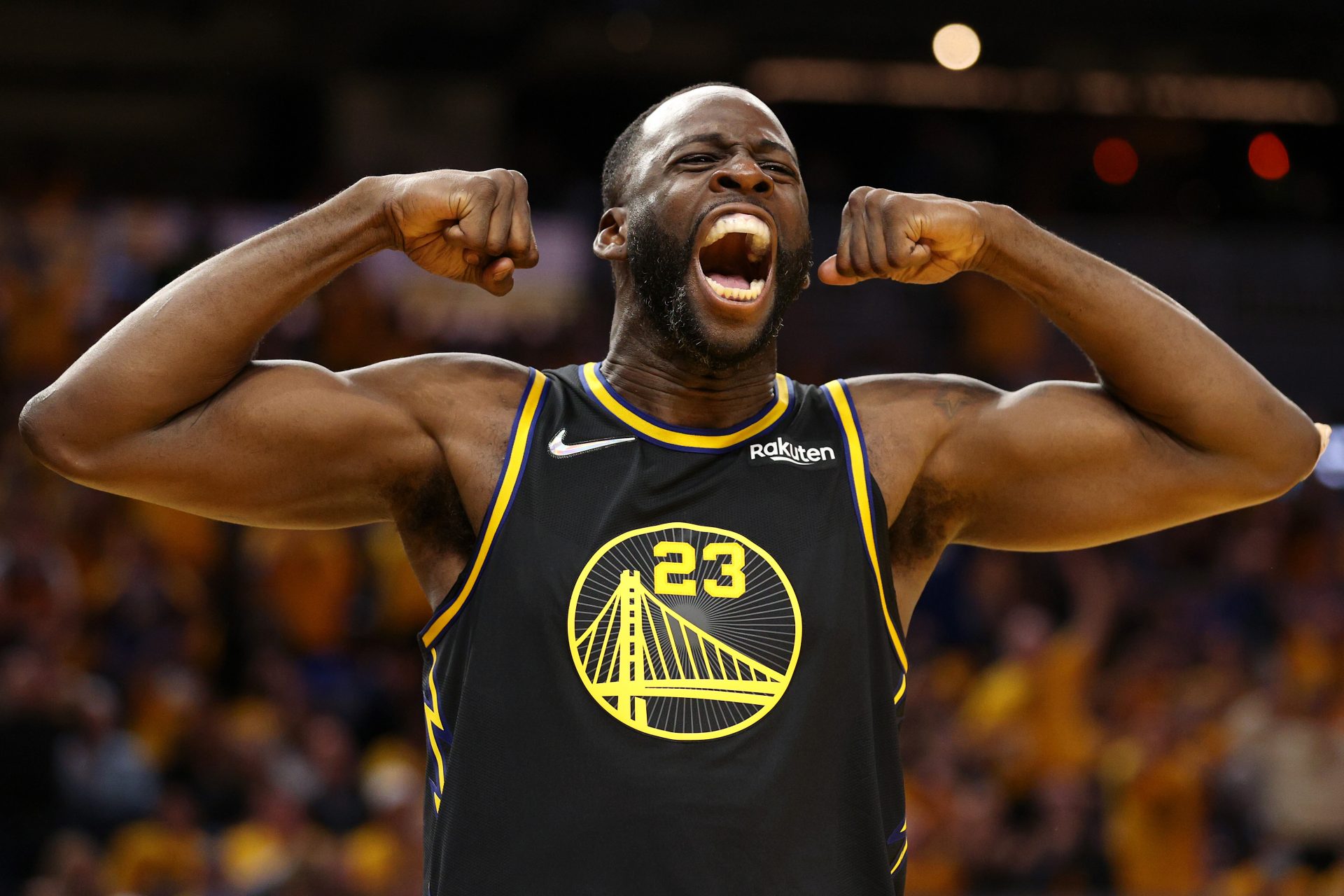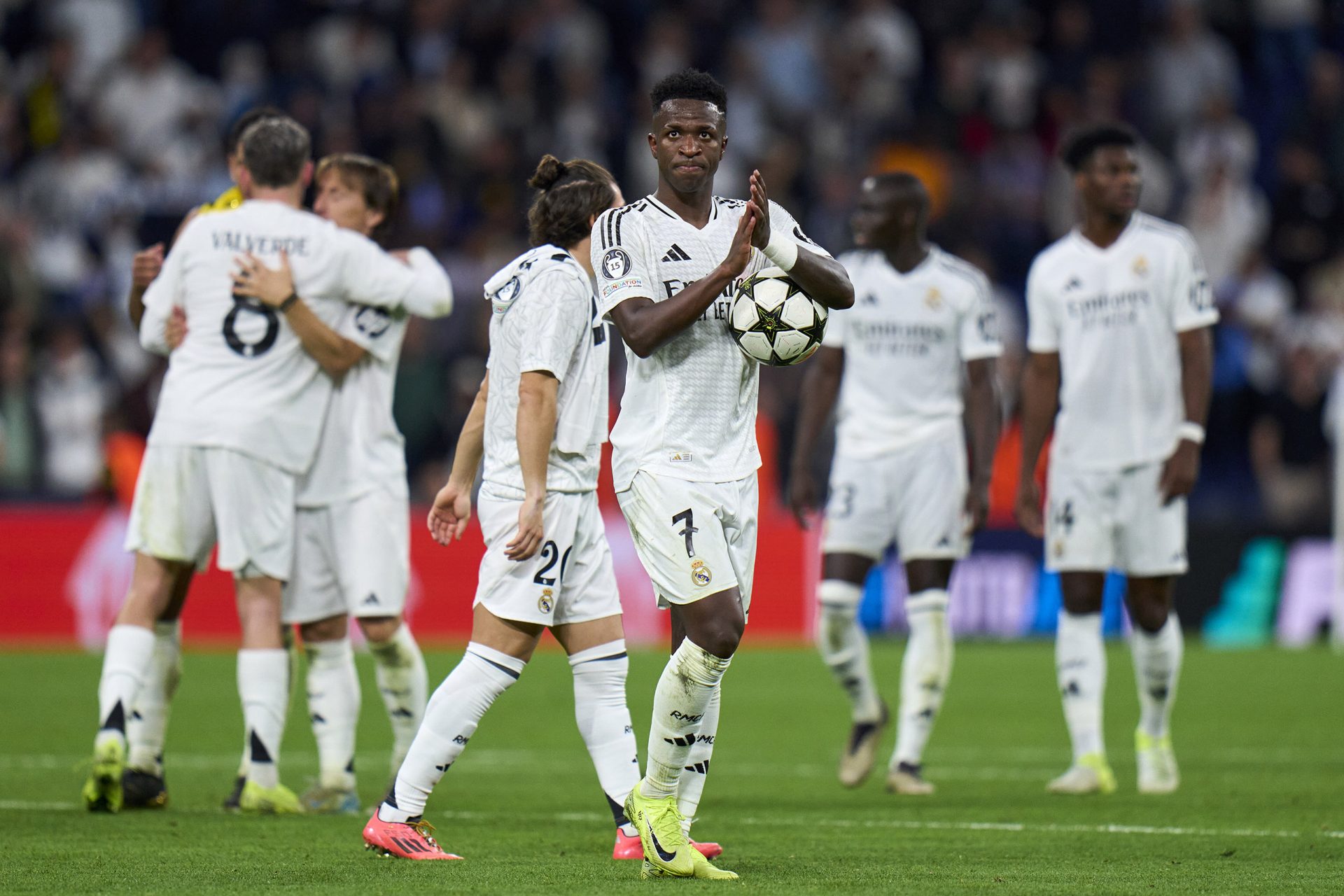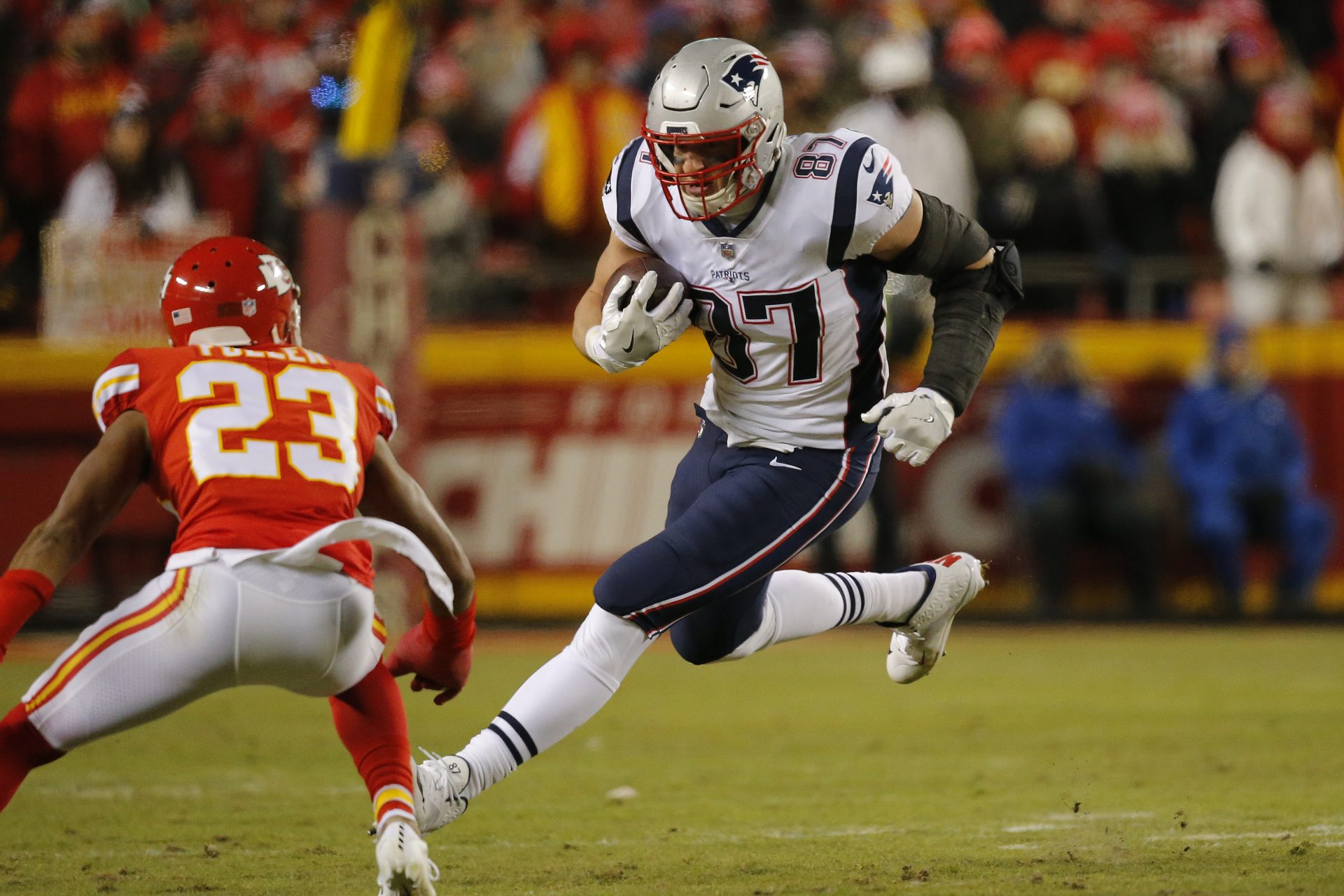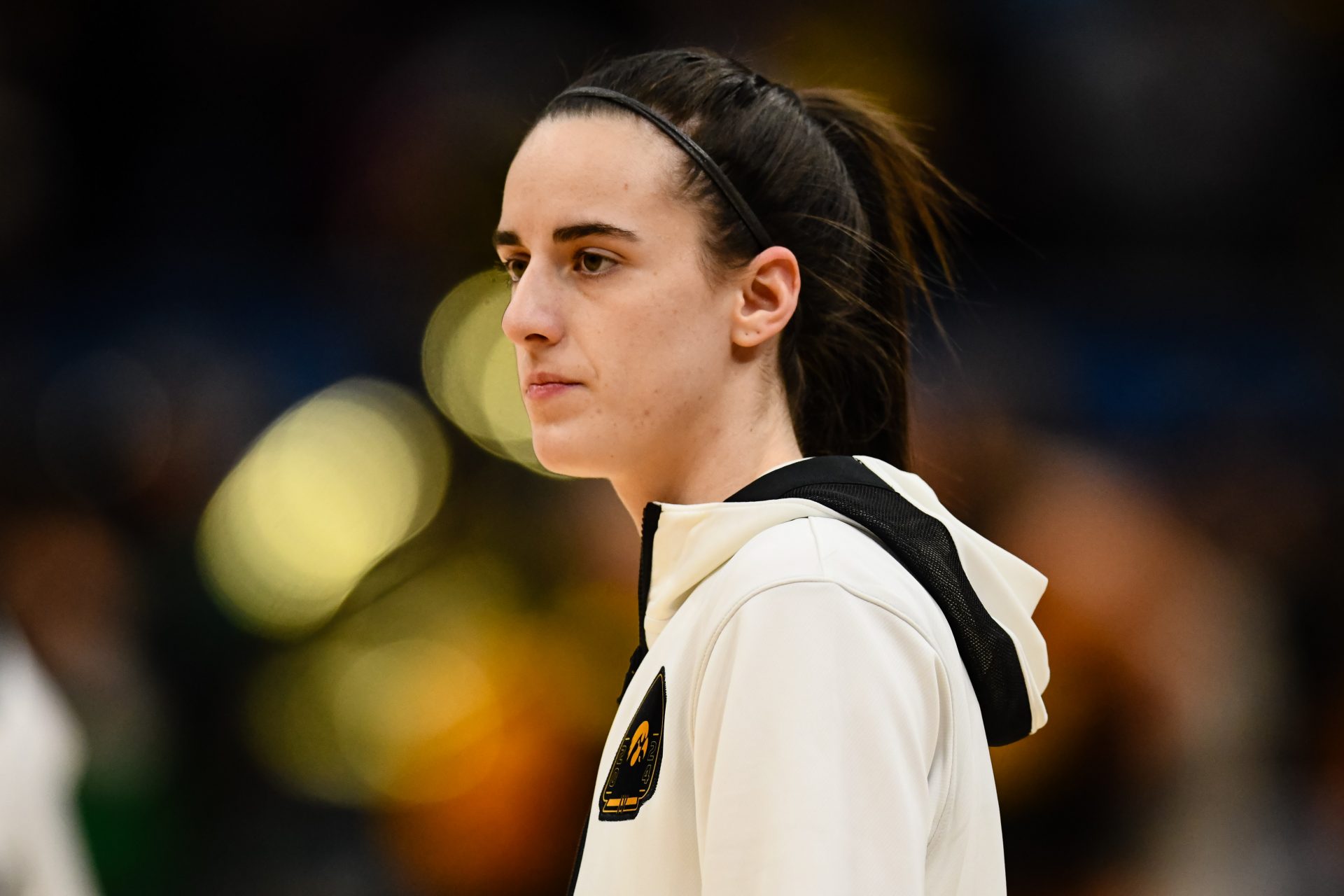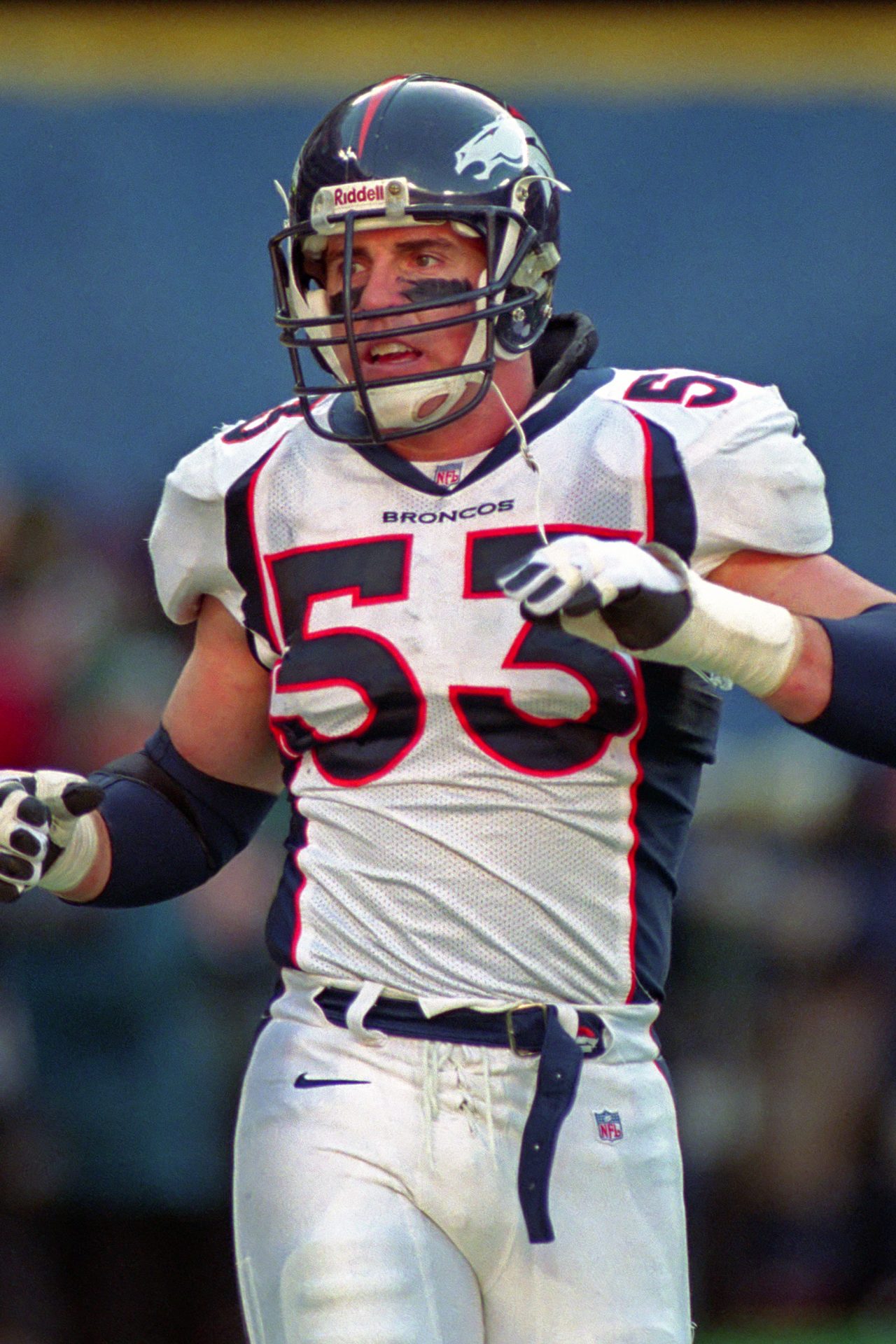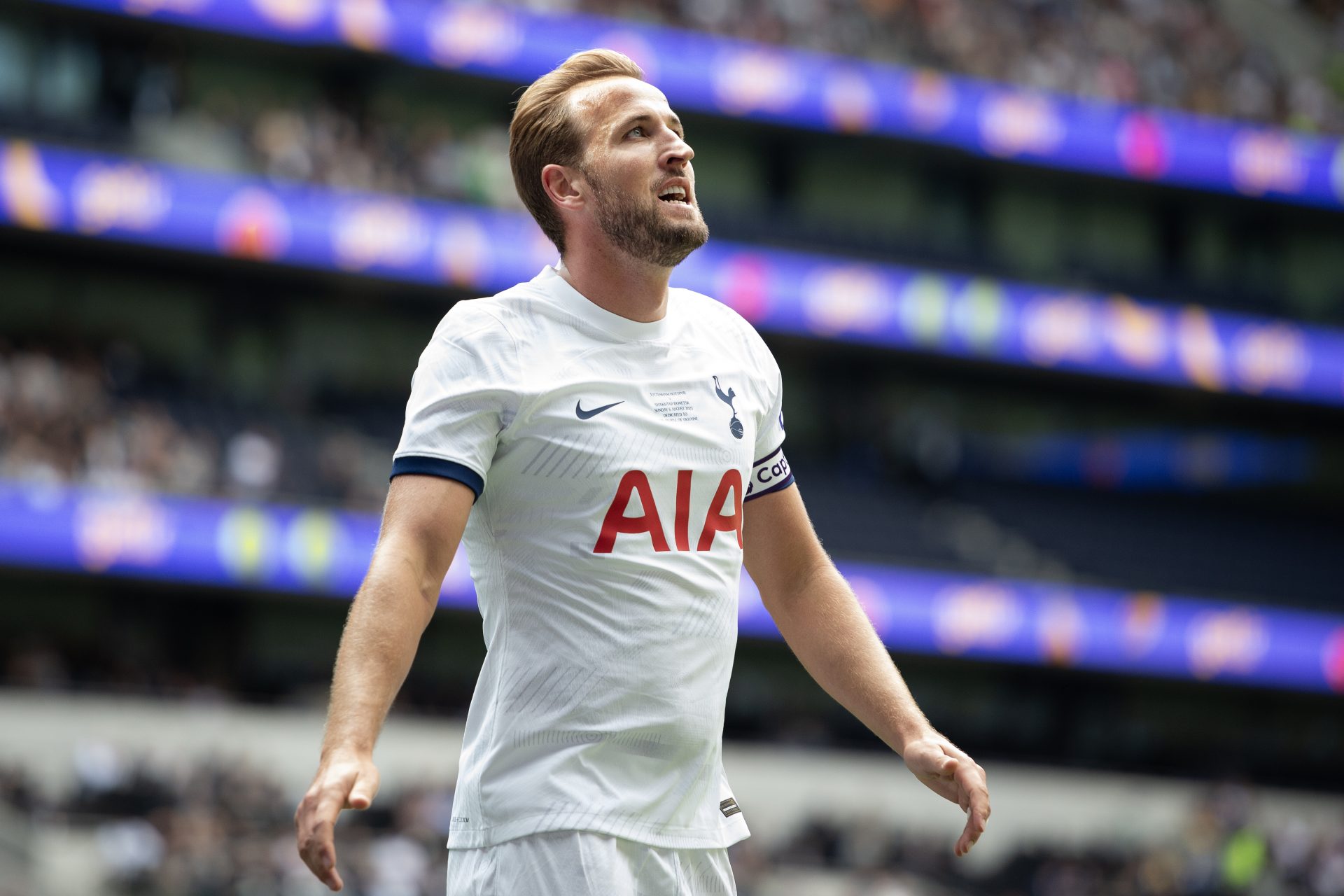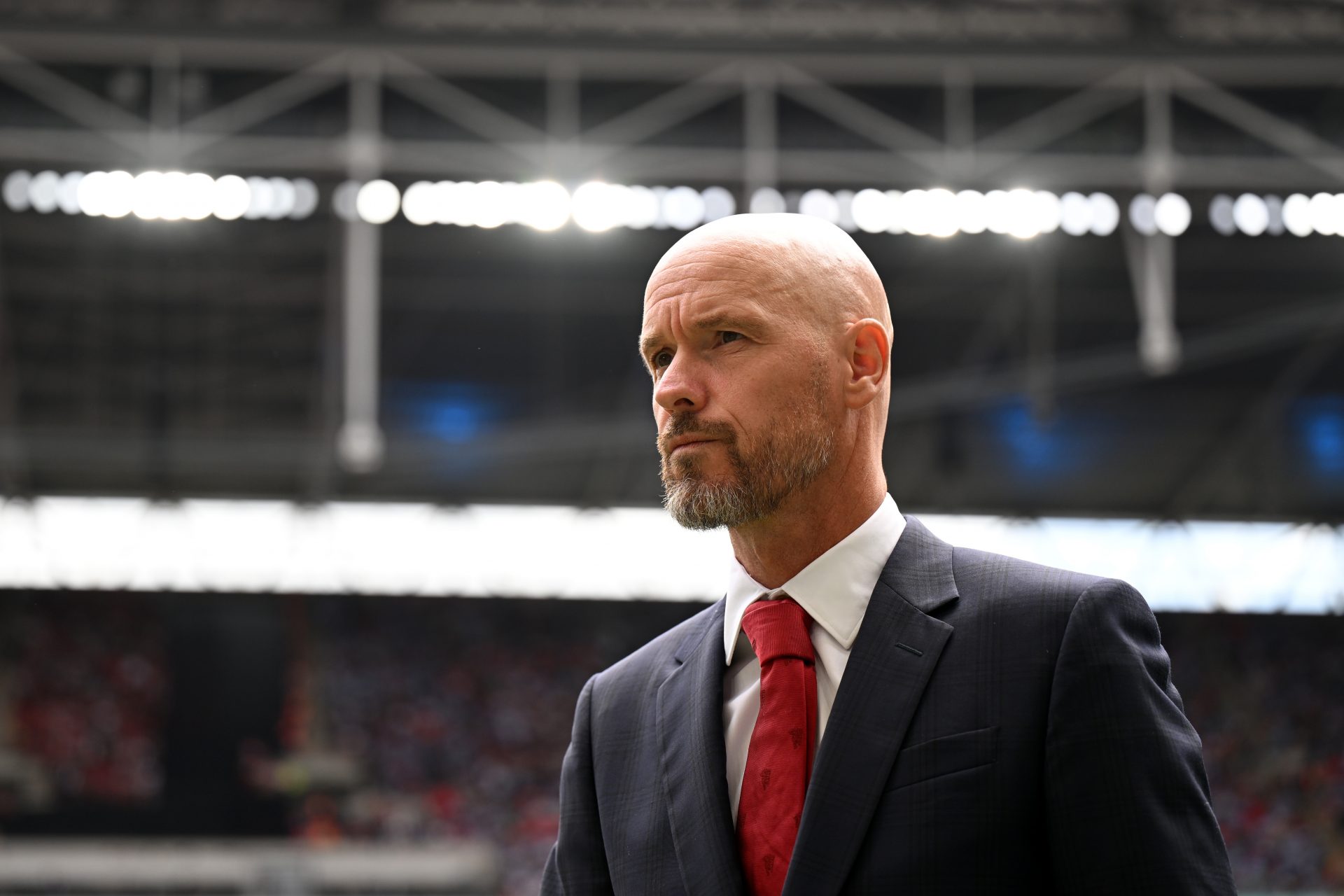The controversial story of Bjarne Riis, the 1996 Tour de France winner
The nicknames given to professional cyclists can be quite strange. Some are stylish, like 'El Pistolero' (Gunfighter) for Alberto Contador. Others maybe a little more leftfield, such as 'Le Blaireau' ('The Badger') for Bernard Hinault. Bjarne Riis had two: 'The eagle of Herning' and 'Mr 60%'.
The Dane, winner of the Tour de France in 1996, is part of a generation that used EPO, a hormone that stimulates the production of red blood cells in the blood and improves recovery. That is why he is nicknamed 'Mr 60%', because his hematocrit, the percentage of red blood cells in the blood, was far above the allowed 50%.
Riis may have admitted his doping, but his climbs of Hautacam and the Colle Sestriere in 1996 left a lasting impression on cycling fans. Let's look at the career of an atypical rider.
Want to see more like this? Follow us here for daily sports news, profiles and analysis!
Bjarne Riis was born on April 3, 1964 in Herning, Denmark. Growing up in Herning, he fell in love with cycling and took his first tentative steps in competitive cycling with his local team.
The young Riis's first notable result came in 1984, when the Dane, at the age of 20, took part in the Flèche du Sud – a five-day competition in Luxembourg. He won two stages, took the mountain jersey and finished second in the general classification.
He was spotted by talent scout Marcel Gilles and joined Luxembourg club ACC Contern in 1985. He won 16 races in one year and thus confirmed the hopes that were placed in him.
In 1986, he made his professional debut with the Belgian team Roland. However, the Dane did not stand out and didn't win a single race in two years. Despite the average results, he was recruited by Toshiba in 1988, though he would leave for another team in 1989.
Riis joined Laurent Fignon's Super U team, where he made his name by winning a stage in the 1989 Giro. He also won the team time trial in the Tour that year.
In 1990, he moved to Castorama, where he proved to be a dedicated teammate. In 1991, he finished sixth at the World Road Championships, and in 1992 he moved to Ariostea.
The Italian team offered him a leading role and in his first season he made full use of that status by winning a stage in the Tour and the Giro of 1993. He excelled in La Grande Boucle and finished fifth in the general classification.
In 1994, he joined Gewiss-Ballan, a team in full growth, and won a stage in the Tour, arriving in Albi. In 1995, he made history again by becoming the first Dane to finish on the podium of the Tour with a third place, more than six minutes behind the unapproachable Miguel Indurain.
Building on this success, he became the Danish road and time trial champion in 1996. With his new team, Deutsche Telekom, he was one of the favorites for the Tour de France and was seen as one of the few who could dethrone Indurain.
After a rainy first week, Riis managed to stay at the top of the rankings. He then distinguished himself in the first Alpine stage and put a collapsing Indurain ahead of more than three minutes.
Want to see more like this? Follow us here for daily sports news, profiles and analysis!
The next day he finished second in the time trial behind Berzin and at the same time came second in the general classification behind his former teammate. On July 8, he won the ninth stage solo with the finish in Sestriere and took the yellow jersey.
Riis had a lead of 40 seconds over the Russian Berzin and would also make his mark on the 16th stage, with a finish at Hautacam. After catching up with the leading group, he made two devastating attacks and took off alone.
The Dane impressed and after the Pyrenees he was more than four minutes ahead of the second in the rankings – his teammate, Jan Ullrich.
However, during the penultimate stage, a time trial, he showed signs of weakness for the first time and had to concede 2 minutes and 18 seconds to Ullrich. The two eventually finished in the top two, ahead of Richard Virenque.
Riis thus became the first Danish rider to win the Tour de France, per Velomotion. After winning the Amstel Gold Race in 1997, the Dane was forced to retire after a fall in 1999.
However, Riis' victory was immediately overshadowed by the reputation of the rider, who was nicknamed 'Mr 60%' for his alleged hematocrit (the number of red blood cells). The general public was convinced that the Dane was doping.
On May 25, 2007, Riis admitted in an interview with French publication L'Équipe that he had used EPO during his career, and in particular during the 1996 Tour de France. Although he had confessed, his overall victory was not taken away, and Riis was simply forced to hand in his yellow jerseys.
Shortly after his retirement, he started a career as a cycling manager. He was one of the founders of the Danish team Home-Jack & Jones and later became its owner. The team changed sponsors in 2001 with the arrival of CSC and then in 2009 with Saxo Bank.
In his book 'The Secret Race', former American rider Tyler Hamilton claims that Riis actively encouraged doping during his time at CSC.
In December 2013, billionaire Oleg Tinkov bought the team from Riis, who was fired in 2015 after a number of disputes regarding the team's poor results.
In 2020, he became manager of the South African team NTT Pro Cycling, where he left in November 2020.
Now residing in Denmark once again, Riis seems to have left the professional cycling world behind and is focused on other business interests. In 2023, he co-founded the company Riis Energy, which sells heat pumps imported from Lithuania, as reported by Cycling News.
Want to see more like this? Follow us here for daily sports news, profiles and analysis!
More for you
Top Stories



